Serious games for research
Serious Games as a Research Tool Games as a Method Serious games can contribute to scientific research in many different ways and at many different stages. Think of collecting quantitative…
In collaboration with Campus Fryslân, University of Groningen, 8D developed a scenario-based simulation about ransomware for a broad audience of professionals working in law enforcement, healthcare, education and the (semi-)public sector.



Johan likes to think along!
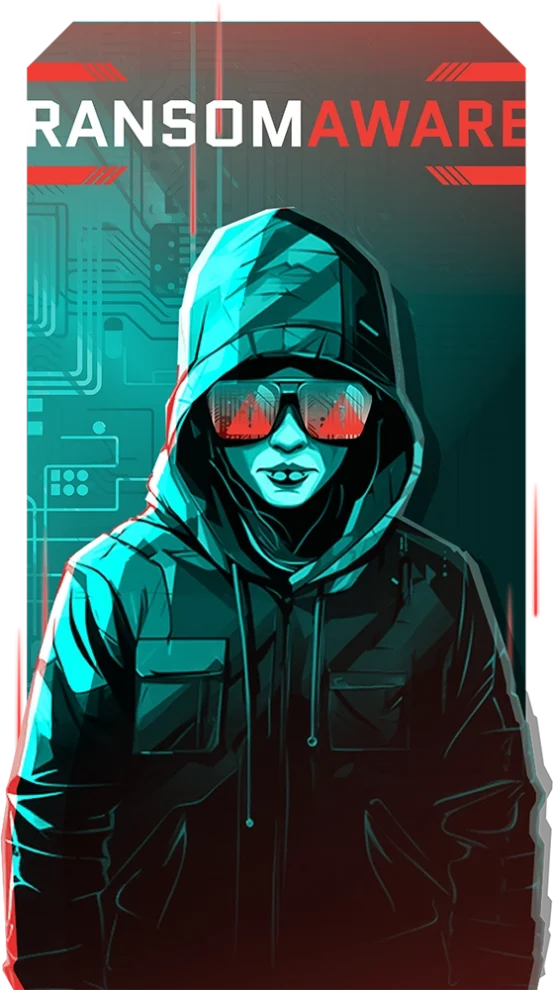
Ransomware is a rapidly growing form of cybercrime in which criminals block systems and demand ransom to release them. These attacks can cause significant financial and reputational damage. Governments, educational institutions, and businesses are therefore seeking ways to strengthen digital resilience in all layers of their organisations.
Campus Fryslân asked 8D to develop an interactive simulation that helps professionals understand the complex decisions they must make during a ransomware attack. The goal was to bring realistic scenarios, mapped out by researchers, to life in an interactive way, allowing users to actively practice making decisions under time pressure.
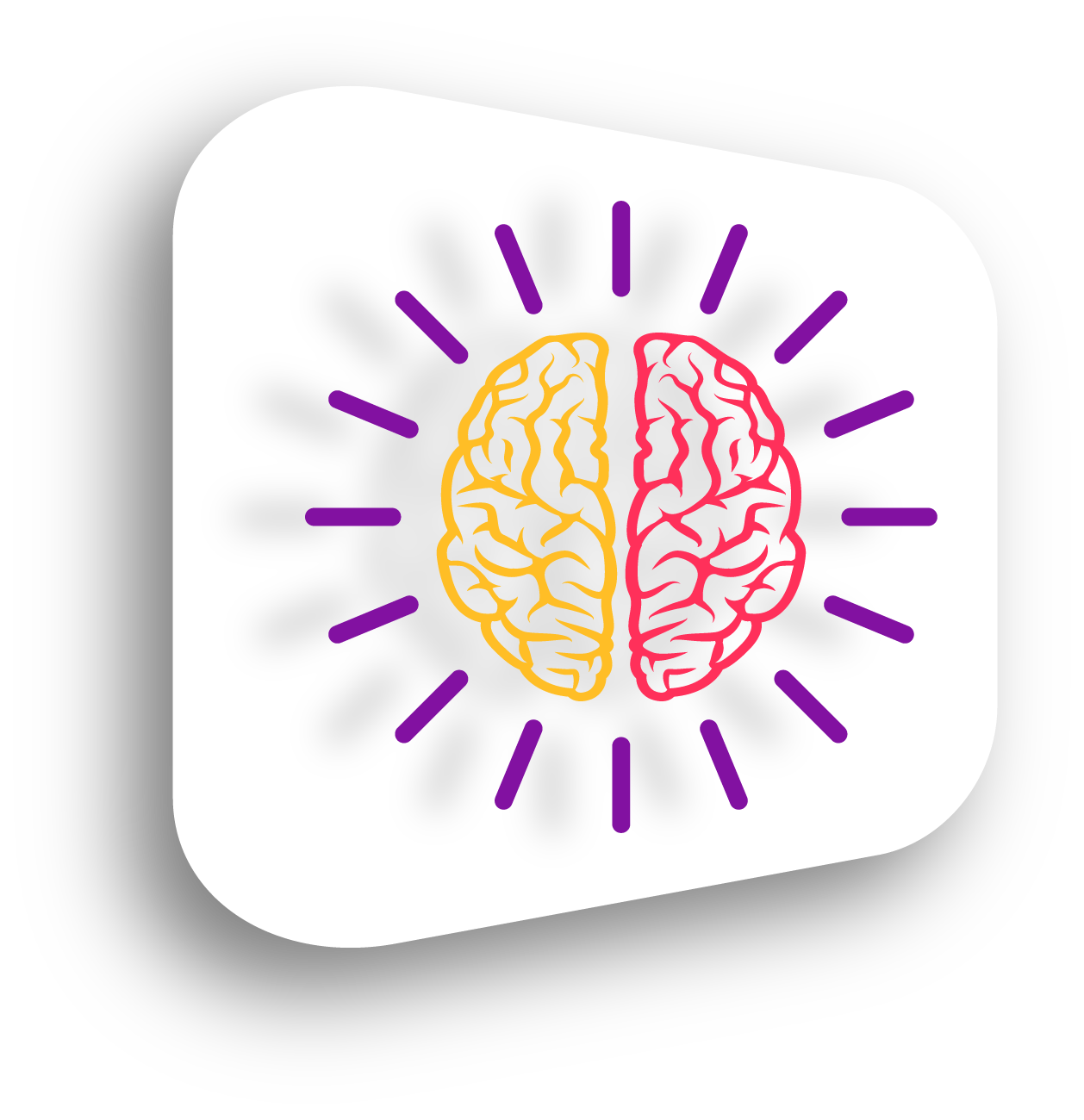 Approach
ApproachAt the start of the project, we collaborated with researchers from Campus Fryslân to clearly define the objectives and target audience. Based on this, we made design choices tailored to the specific challenges of different sectors. Given the tight schedule and limited budget, our designers opted for a no-code solution, allowing us to create an interactive experience without programming. By focusing on an attractive and user-friendly interface, we delivered a high-impact product within a short time frame.
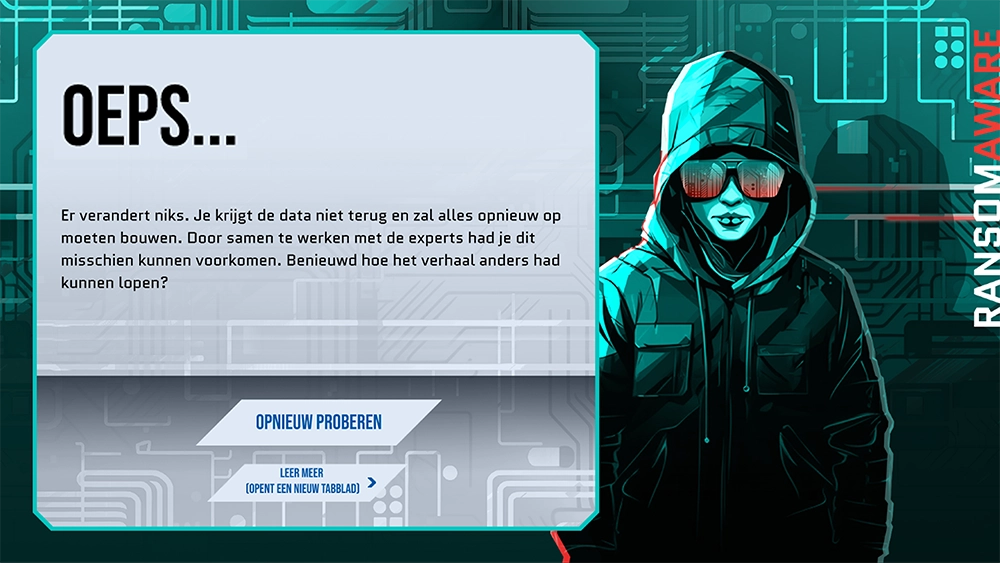
 Result: increase impact through scenario-based learning
Result: increase impact through scenario-based learningThe simulation allows users to navigate realistic scenarios from different roles, such as police officers, healthcare workers, or municipal employees. At each step, they must make decisions that influence the scenario’s outcome. Through this scenario-based learning experience, complex processes become understandable and applicable. Users immediately see the consequences of their choices, reinforcing their understanding and helping them retain the knowledge by applying it to real-life situations. This makes the simulation not only more effective than traditional training methods but also more accessible and engaging for a broad audience. The project demonstrates that scenario-based learning is a powerful tool for transforming theoretical knowledge into practical skills. Moreover, by leveraging no-code solutions, organizations can create impactful learning experiences quickly and cost-effectively— especially when the core content is already available.
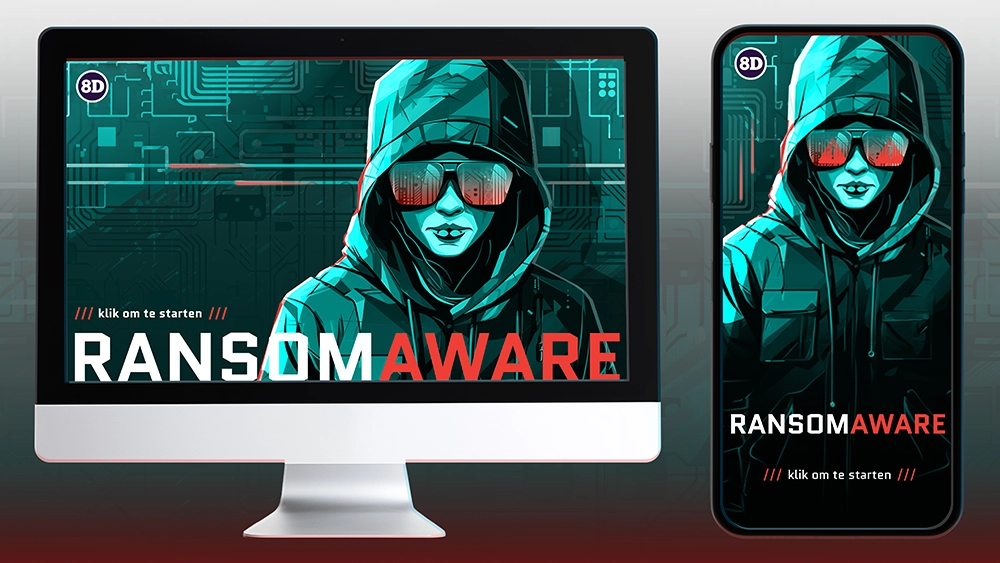
Further Reading
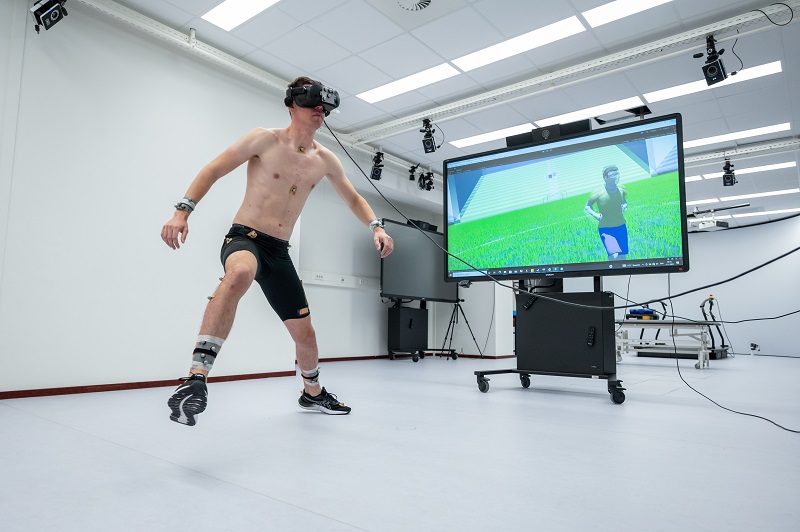
Serious Games as a Research Tool Games as a Method Serious games can contribute to scientific research in many different ways and at many different stages. Think of collecting quantitative…
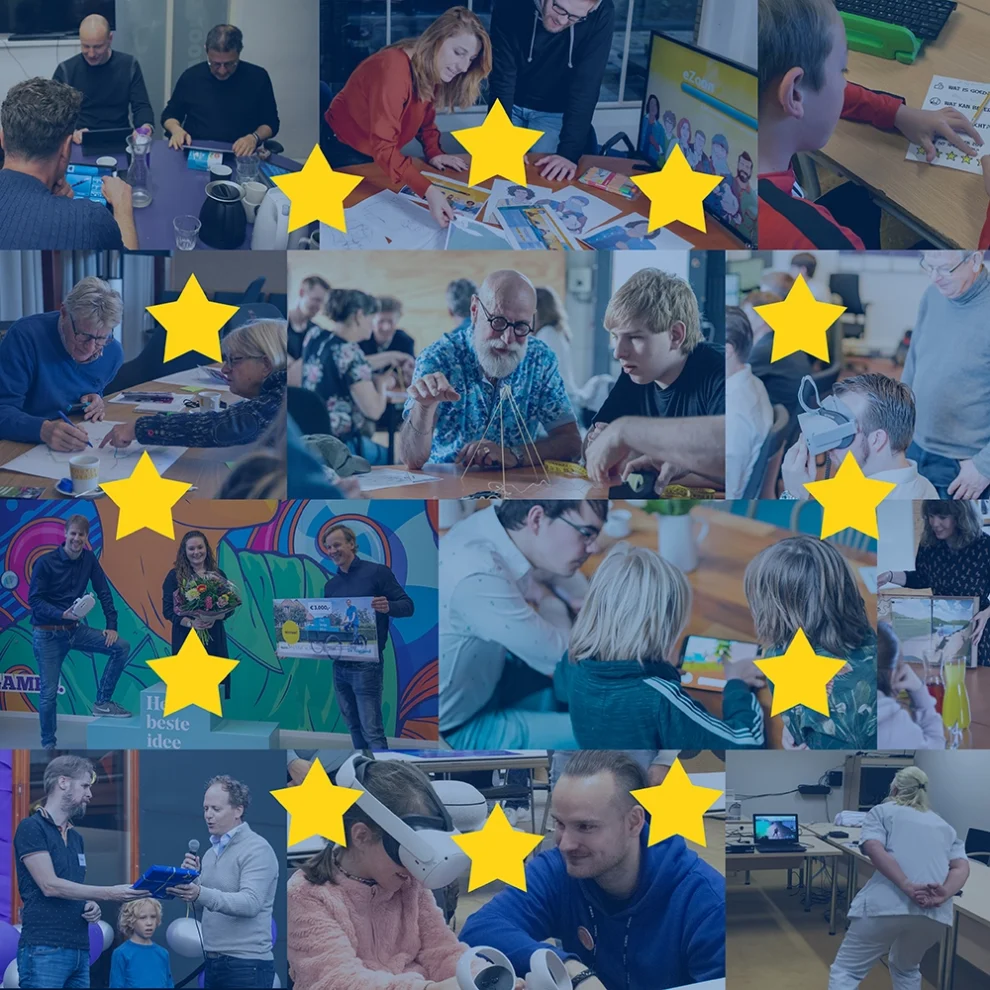
What is Horizon Europe, and why are we involved? Learn more about the EU’s largest research programme and how our projects align with its thematic clusters.